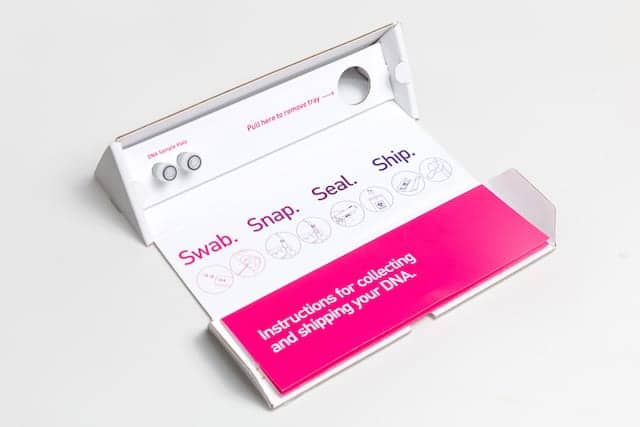New data confirm that genetic testing can predict an individual’s risk of addiction to opioids.1 The study findings suggest that a validated tool to help prevent opioid abuse has the potential to affect the nation’s growing opioid epidemic.
The test, called LifeKit Predict, was developed by Prescient Medicine, Hummelstown, Pa, and is based on published data that suggest genetic factors play a significant role in prescription opioid addiction. The study first set out to describe genetic variations between opioid-addicted and nonaddicted populations, with the goal of developing a predictive algorithm for determining opioid addiction risk.
The algorithm produced an addiction risk score that is based on 16 single-nucleotide polymorphisms, or genetic mutations, in the brain reward pathways. It was developed using data from 37 patients with prescription opioid or heroin addiction and 30 age- and gender-matched nonaddicted patients. This patient data became the basis for the predictive model.
“Our first step included a collaboration with AutoGenomics Inc, who thoroughly researched the scientific literature to identify and better understand the genes associated with the brain reward pathways,” says Keri Donaldson, MD, founder and CEO of Prescient Medicine and lead author of the company’s study. “Using those data, we identified candidate genes to act as markers, and then validated that those genes had predictive value in a 67-patient study.”
Donaldson adds, “These findings confirmed what previously published data have shown—that there is a strong genetic component to opioid addiction and, with the right tools, an individual’s risk of opioid dependency can be predicted.”
Using the outcome of the initial study, researchers then conducted a second study, in which they evaluated 138 patient samples to assess the efficacy of the panel. Data from the second study showed that LifeKit Predict can identify—with 97% certainty—whether an individual has a low likelihood of becoming addicted to opioids. The test also showed an 88% likelihood of predicting whether an individual has an increased risk for opioid addiction.
Armed with such predictive insight, physicians can then opt for alternative non-opioid therapies for individuals with a high risk of opioid dependency, potentially preventing addiction before it starts.
REFERENCE
- Donaldson K, Demers L, Taylor K, Lopez J, Chang S. Multivariant genetic panel for genetic risk of opioid addiction. Ann Clin Lab Sci. 2017;47(4):452–456.






